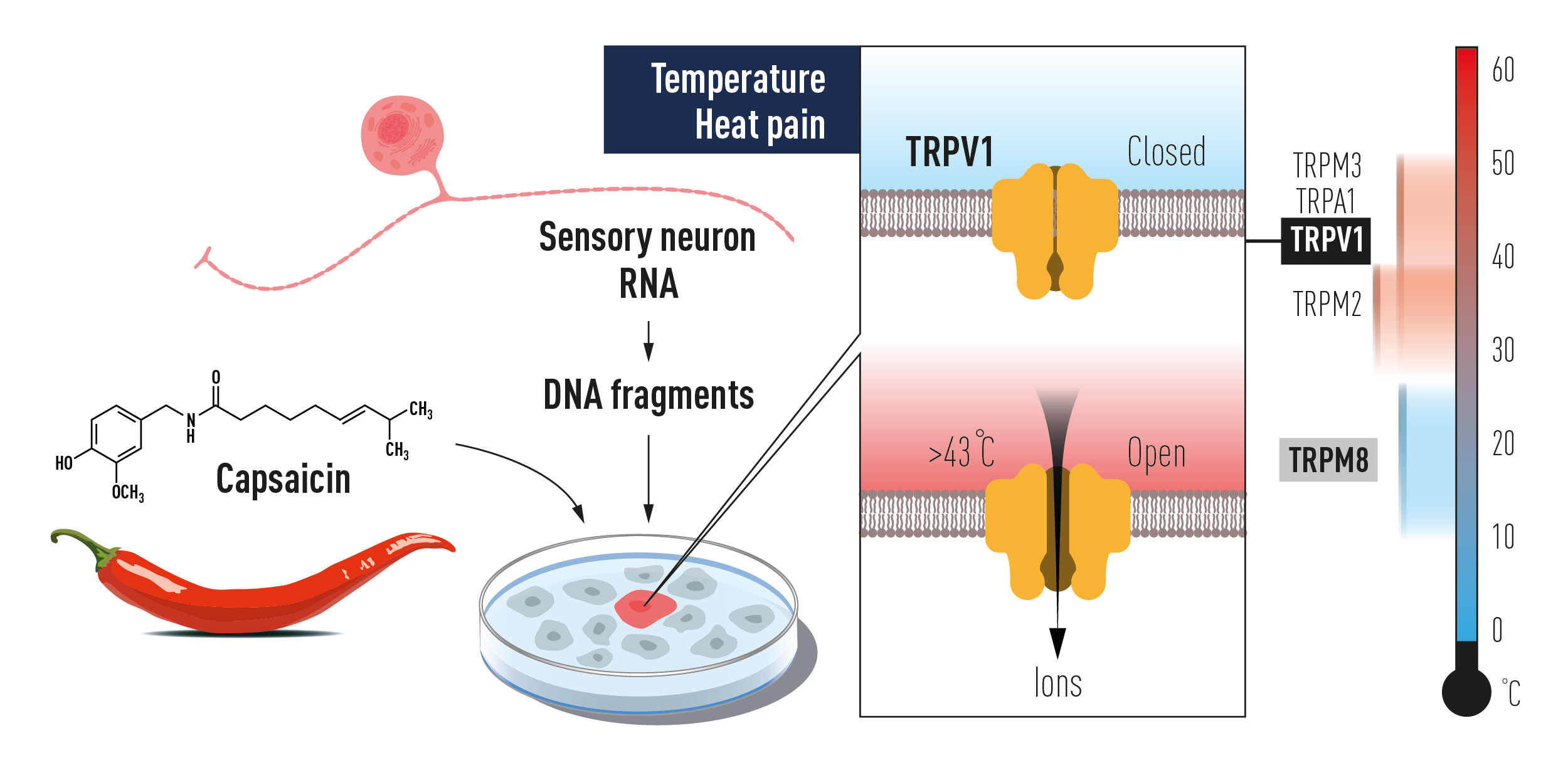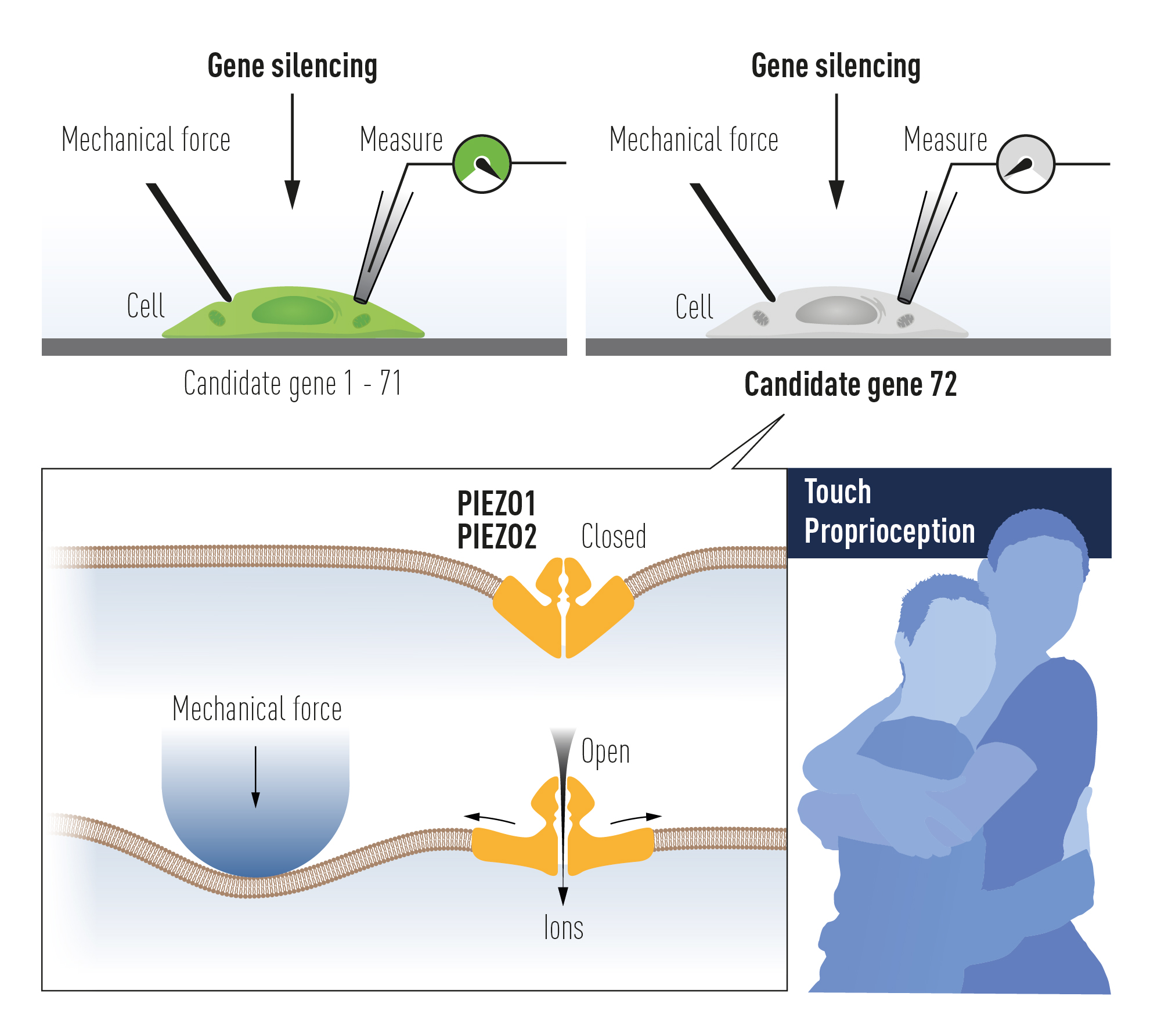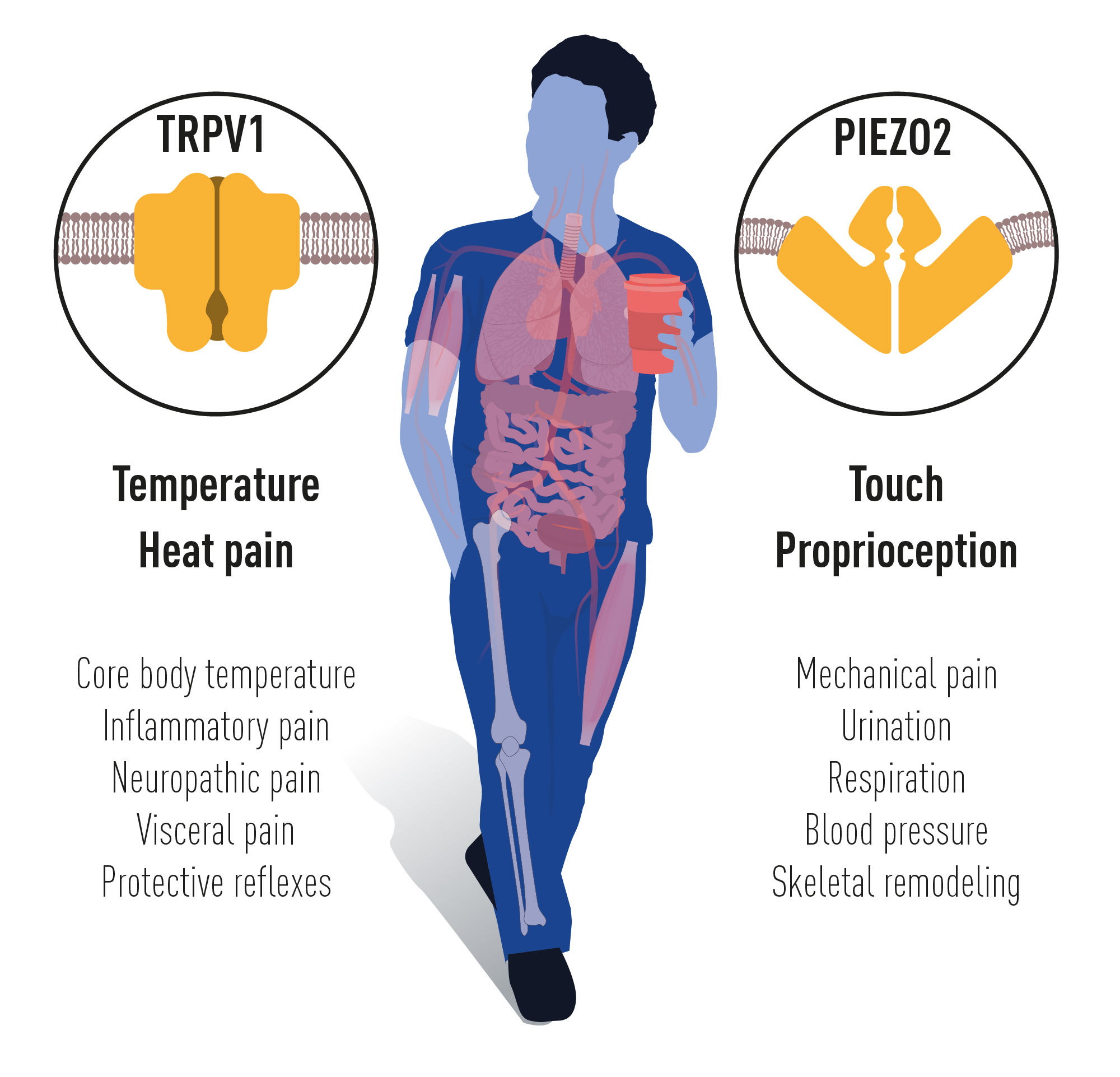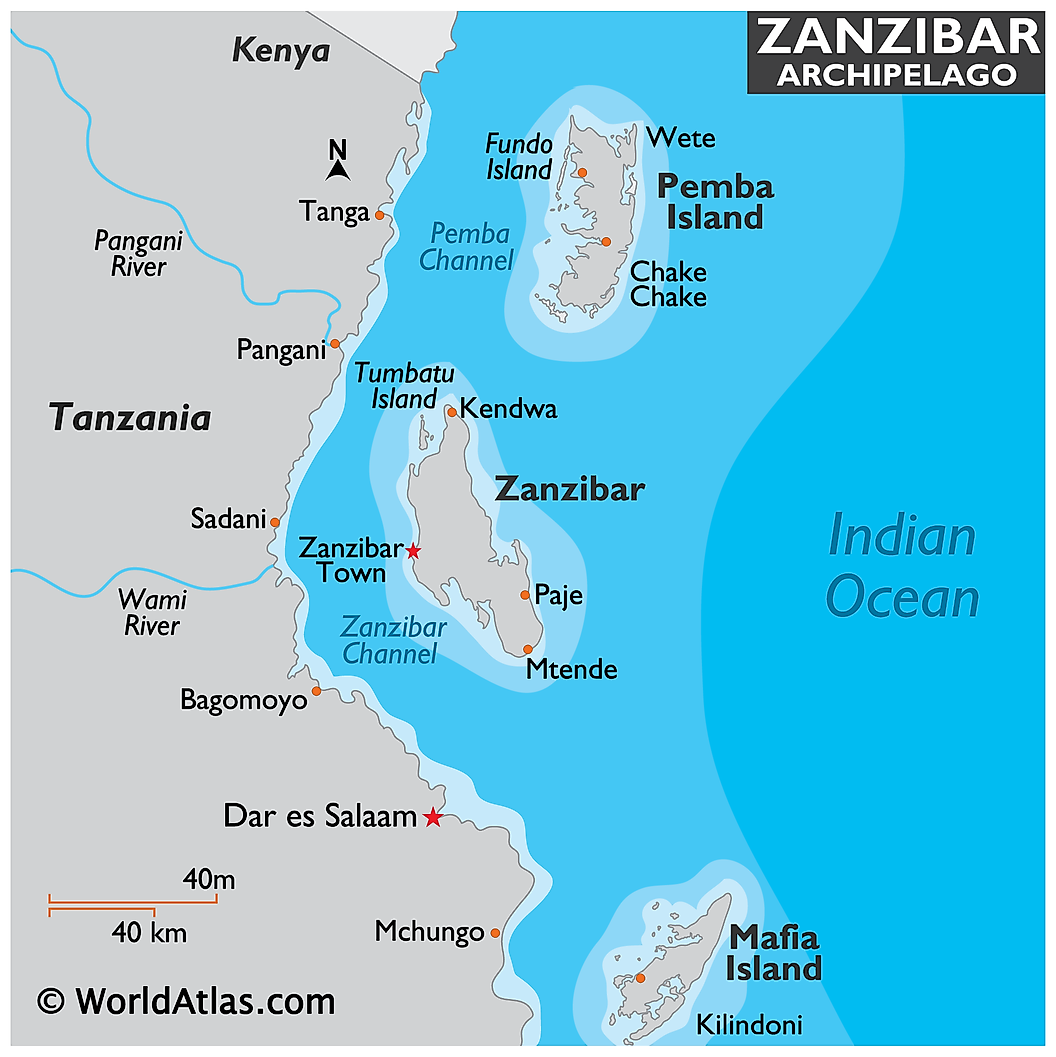The Nobel Prize was set up when businessman Alfred Nobel died and left the majority of his fortune to the establishment of prizes in physics, chemistry, physiology or medicine, literature and peace.
His will stated that the prizes should be awarded to those who shall have conferred the greatest benefit to humankind.
Since the 1st Nobel Prizes were awarded in 1901, they have been awarded annually. It was not awarded, mostly during World War I and II.
A Nobel Prize cannot be awarded posthumously.
|
Nobel Prize |
Selection |
|
Nobel Prize in Physics and Chemistry |
Royal Swedish Academy of Sciences |
|
Nobel Prize in Physiology or Medicine |
The Nobel Assembly at Karolinska Institutet |
|
Nobel Prize in Literature |
The Swedish Academy |
|
Nobel Peace Prize |
Norwegian Nobel Committee |
The Nobel Prize in Physics 2021 was awarded with one half jointly to Syukuro Manabe, Klaus Hasselmann and the other half to Giorgio Parisi for groundbreaking contributions to our understanding of complex systems.
The Nobel Prize in Chemistry 2021 was awarded jointly to Benjamin List and David W.C. MacMillan for the development of Asymmetric Organocatalysis.
The Nobel Prize in Physiology or Medicine 2021 was awarded jointly to David Julius and Ardem Patapoutian for their discoveries of receptors for temperature and touch.
- Somatosensation is the ability of specialised organs such as eyes, ears and skin to see, hear and feel.
- The impressions of temperature, touch and movement are feelings relying on somatosensation.
- Somatosensation information continuously flows from the skin and other deep tissues.
- It is also essential for tasks that we perform effortlessly and without much thought.


|
Receptor |
Receptor Type |
Inducer |
|
TRPV1 |
Heat-sensing receptors |
Capsaicin |
|
TRPV8 |
Menthol |
|
|
Piezo1 & Piezo2 |
Mechanosensitive receptors |
Cultured mechano-sensitive cells |

The Nobel Prize in Literature 2021 was awarded to Abdulrazak Gurnah, who was born in Zanzibar.

The Nobel Peace Prize 2021 was awarded jointly to Maria Ressa and Dmitry Andreyevich Muratov for their efforts to safeguard freedom of expression, which is a precondition for democracy and lasting peace.
|
Country |
Rank in World Press Freedom Index 2021 |
|
Norway |
1 |
|
Philippines |
138 |
|
Russia |
150 |
|
India |
142 |
The Sveriges Riksbank Prize in Economic Sciences in Memory of Alfred Nobel 2021 was awarded to three people.
Source: Nobel Prize, The Hindu, The Indian Express